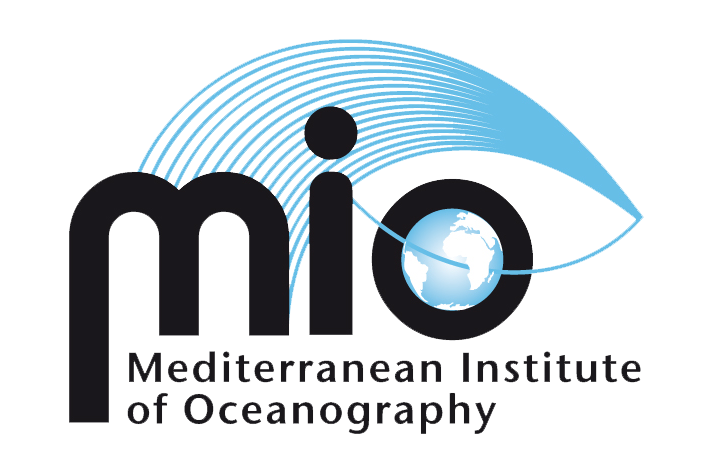Impact of cigarette butts on microbial diversity and dissolved trace metals in coastal marine sediment
Researchers from the Mediterranean Institute of Oceanology (MIO) and the National Institute of Marine Science and Technology (INSTM) have set themselves the objective of assessing the impact of cigarette butts on the diversity of microorganisms and the release of metals into the marine environment in Tunisia.
Cigarette butts are the main plastic waste found in the environment, accounting for up to 40% of the waste collected on Mediterranean beaches. Every year, more than 6,000 billion cigarettes are smoked worldwide, which can lead to more than half a million tons of cigarette butts being released into the environment. Unfortunately, these butts, composed mainly of plastic, are very poorly biodegradable and contain many toxic compounds resulting from combustion, which can threaten living organisms. Yet we currently know very little about the fate of cigarette butts in marine ecosystems and their impact on marine life.
In their study published in 2020 in "Estuarine, Coastal and Shelf Science", the Franco-Tunisian research team showed that cigarette butts increase the concentrations of iron, manganese and zinc in the marine environment, contribute to the acidification of seawater and modify the composition of bacteria present in surface sediments by favouring the development of bacteria generally known to live in deep underwater hydrothermal sites, known as "black smokers".
)

